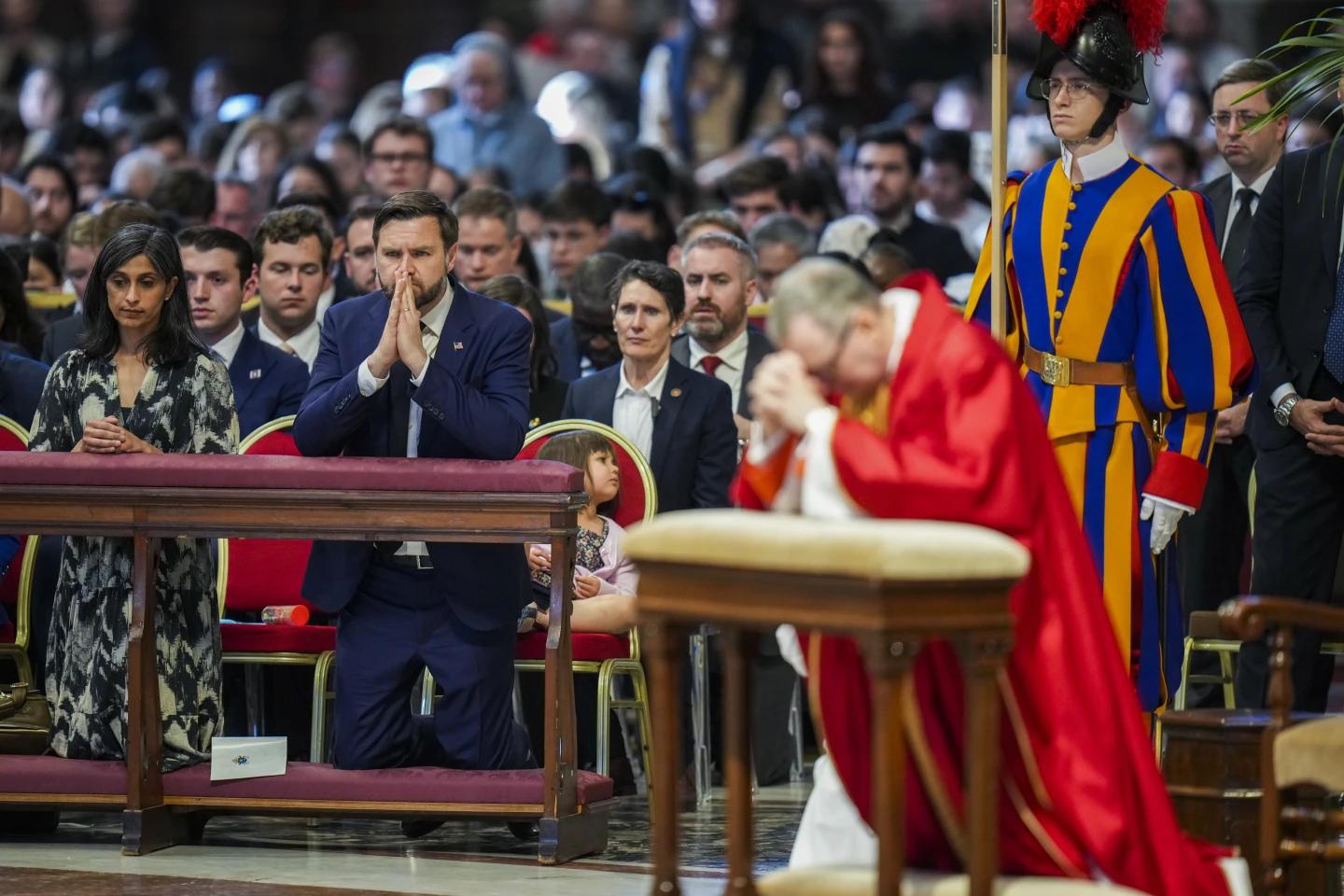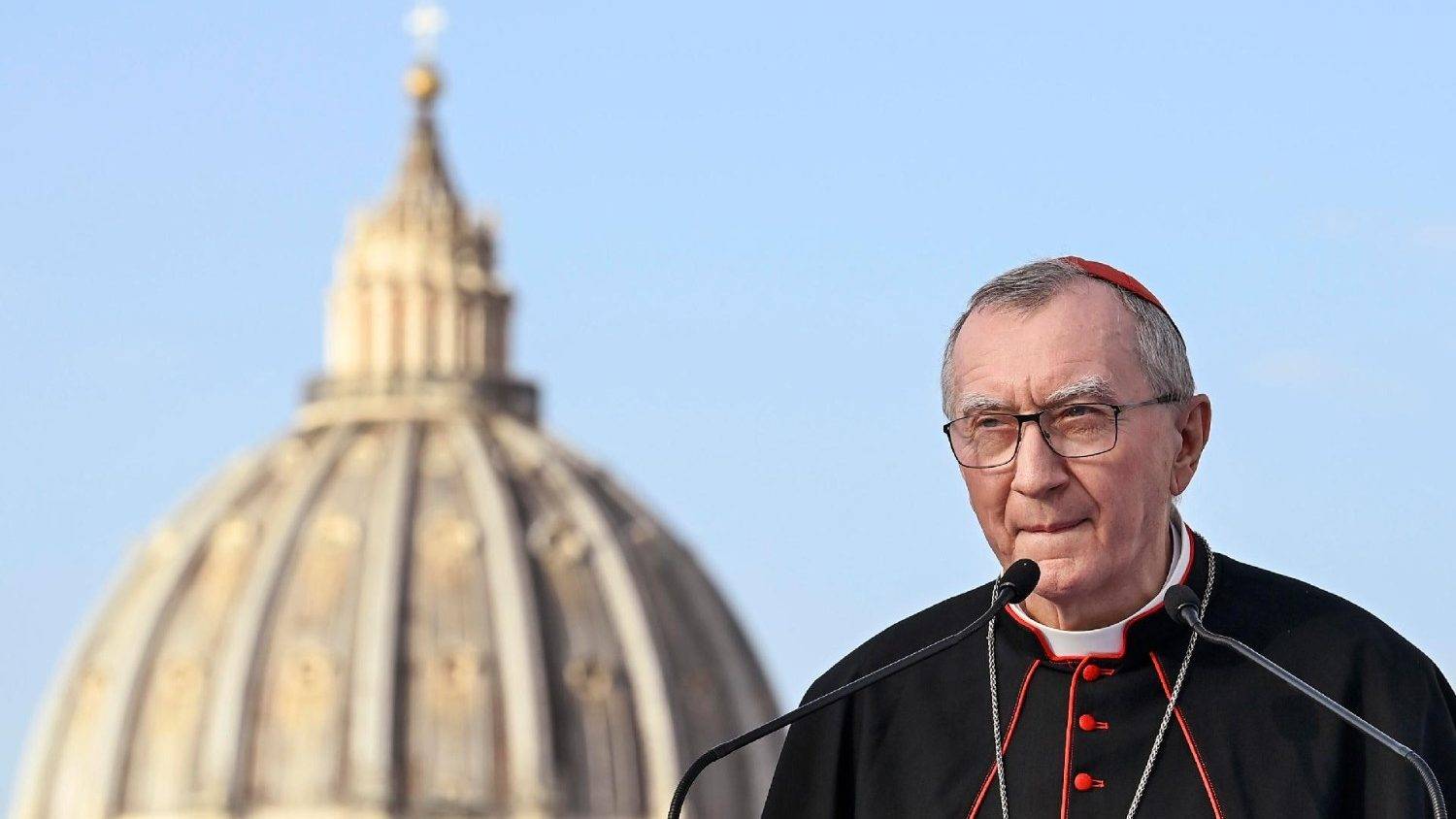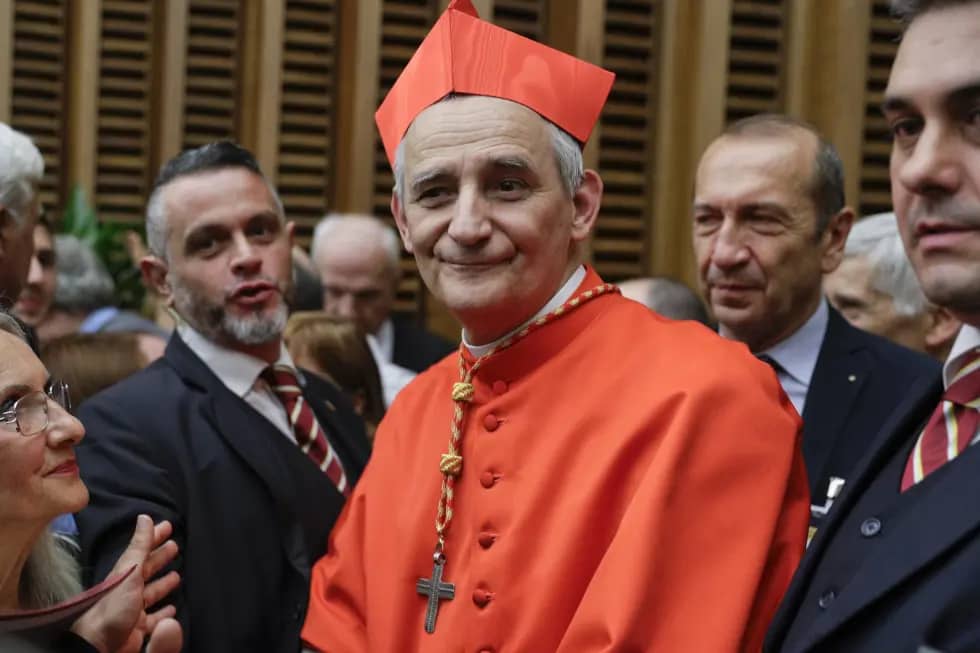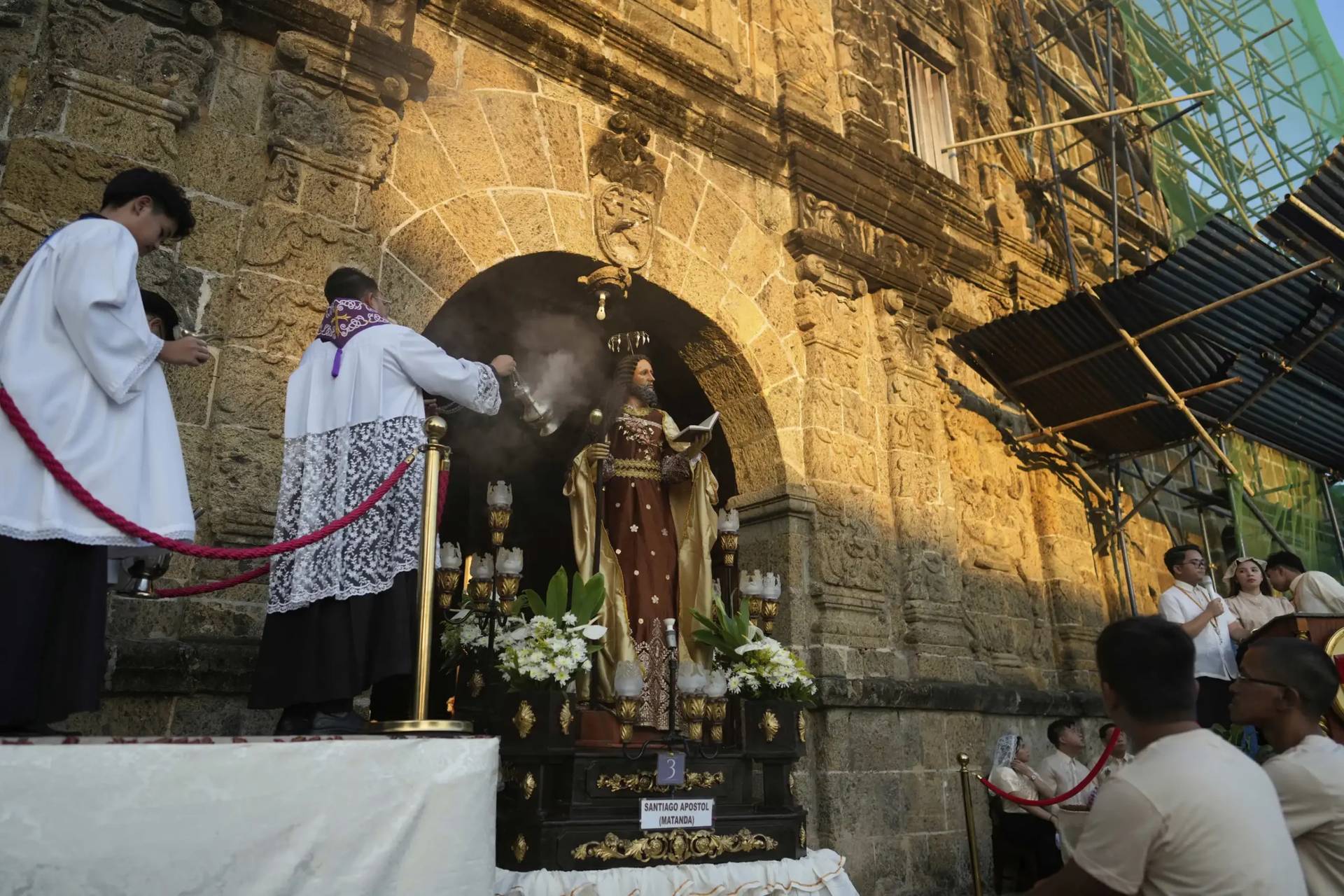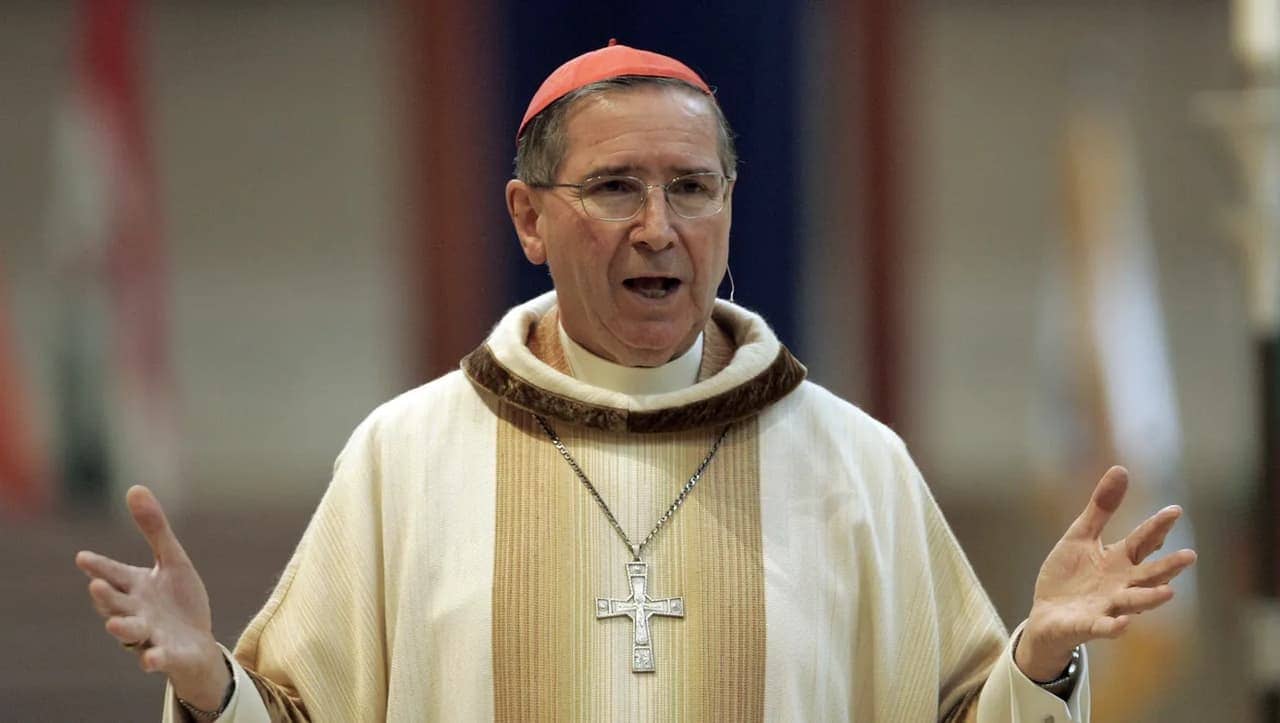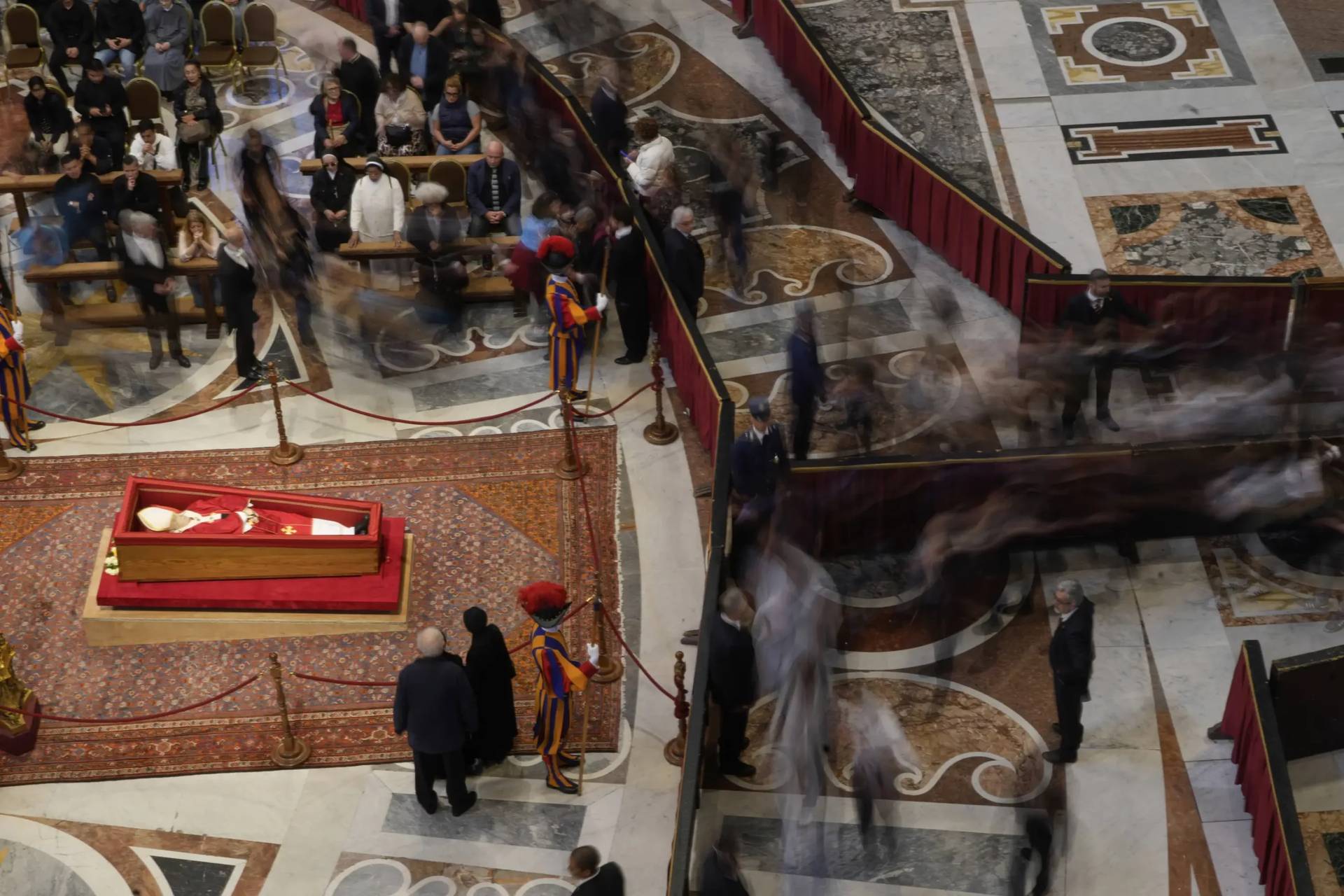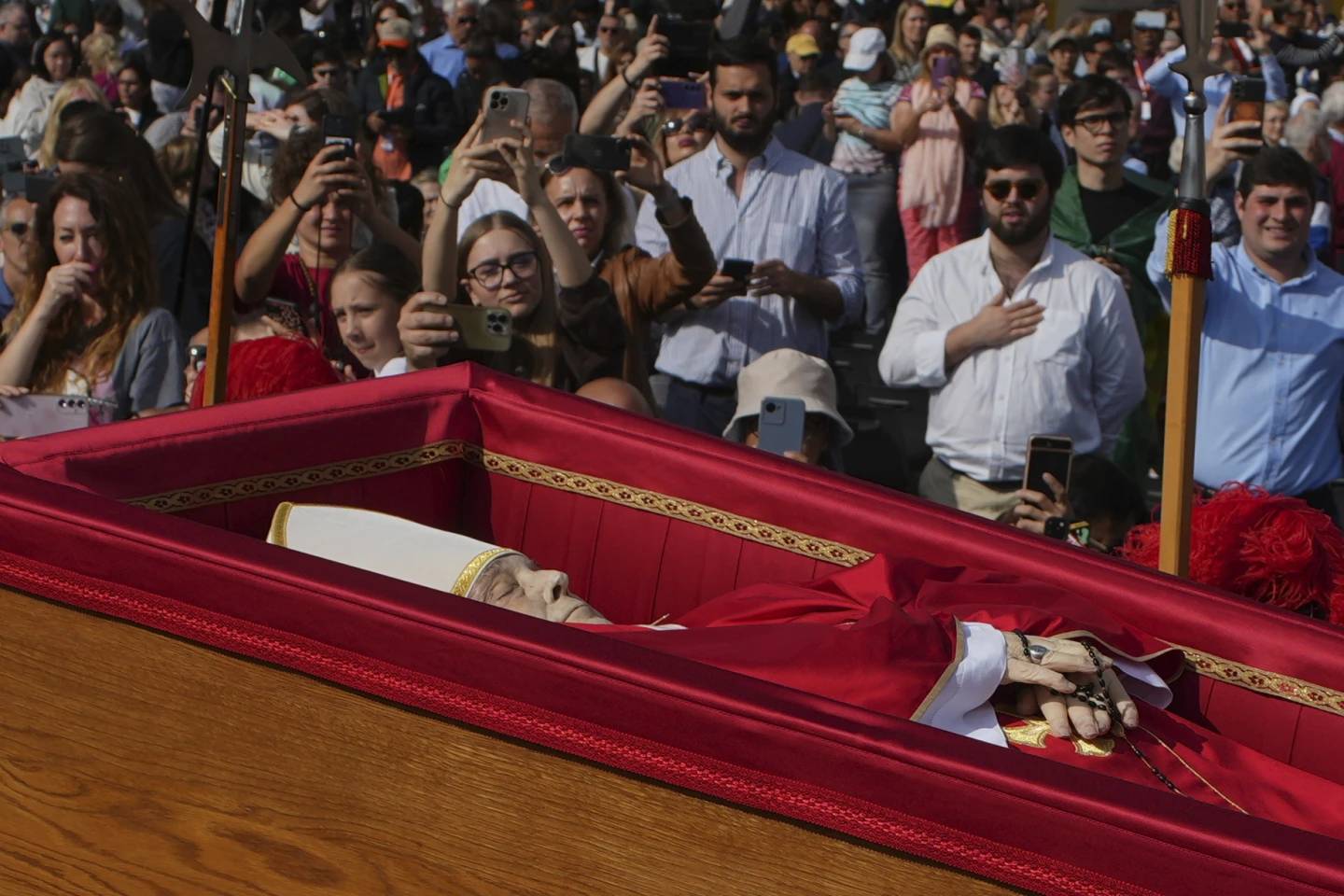ROME – While most attention to Vice President JD Vance’s visit to the Vatican this weekend has focused on policy differences on matters such as immigration and poverty, it also comes as the Vatican is preparing to ask American authorities for help amid an international financial scandal involving a now-suppressed Catholic organization with tentacles in Peru, the Vatican, and the United States.
A meeting this morning between Vance and Italian Cardinal Pietro Parolin, Secretary of State, takes place after several high-ranking Vatican officials received detailed correspondence from a lawyer and a human rights organization in Peru outlining alleged financial crimes committed by the Sodalitium Christianae Vitae, an once-powerful Catholic entity which has been suppressed and which is now in the process of being liquidated by its Vatican-appointed overseer.
Among other points, the correspondence warned Vatican officials that individuals linked to the sodality have attempted to use a church-state agreement to gain tax breaks on lucrative businesses only to send that money to holding companies in the United States.
REALTED: Controversial lay group in Peru denies charges of tax dodging, fiscal fraud
Officials who received the letters, which Crux has seen, include Parolin; American Cardinal Robert Prevost, prefect of the Vatican Dicastery for Bishops; and Italian Sister Simona Brambilla, prefect of the Vatican Dicastery for Religious, which was responsible for the suppression of the SCV.
Vance’s visit comes as the Vatican prepares to send United States financial watchdog bodies information regarding allegations of international money laundering and financial fraud on the part of the Peru-based SCV.
Founded in Peru by layman Luis Fernando Figari in 1971, the SCV and its three other branches – two women’s communities and an ecclesial movement – have recently been suppressed by Pope Francis due not only to a litany of alleged abuses, but also widespread allegations of financial crime.
RELATED: Vatican confirms suppression of all branches of scandal-plagued Peru group
One of the two Vatican officials sent by Pope Francis on a Special Mission to investigate allegations of abuse and financial crimes in 2023, Spanish Monsignor Jordi Bertomeu, has been named papal commissioner for the liquidation of the group’s assets and the reparation of its victims.
In an interview with Catalan radio station RAC1 Monday, Bertomeu said the Vatican is planning to send, if it hasn’t already, information on alleged financial crimes committed by high-ranking members of the SCV to authorities in the United States.
“The American justice system will focus its attention on this case,” he said, saying, “When you’re dealing with a group that’s not only abusive, but also a mafia group, and not just on a small scale – we’re talking about a billion dollars stolen – the difficulties are greater.”
Bertomeu insisted that “the Vatican has no interest in hiding this plot,” and intends to provide U.S. authorities “with all the relevant information.”
Amid the various accusations of financial wrongdoing against SCV members is abuse of a 1980 concordat, or treaty, governing relations between Peru and the Holy See, which includes tax exemptions for Catholic charities and missions.
Among other things, the SCV is accused of purchasing nine large cemeteries and structuring them as “missions” donated to dioceses, which ensured their tax-exempt status, while maintaining administrative and financial control.
According to experts who have examined the holdings, tax exemptions from the cemeteries’ unusual canonical status as a mission territory generated 30-40 percent more profit and helped the SCV amass a fortune at its height estimated to be worth $1 billion, with much of the funds sent to holding companies first in Panama, and later in Denver, Colorado.
These companies – Providential Inc., Foundation Santa Rosa, the Association for the Promotion of the Apostolate – all now share the same street address as the SCV-run Holy Name parish in Englewood, Colorado.
In a letter dated March 24, 2025, and sent to Parolin, Prevost and Brambilla, Peruvian lawyer José Ugaz noted that despite repeated reform efforts prior to the SCV’s suppression and modest compensation provided to some victims, many “have not received reparations for the abuses suffered by the organization’s directors.”
Ugaz, a member of the International Anti-Corruption Conference (IACC) Council and former chair of the board of Transparency International, noted that most of the SCV’s assets are in private companies and are therefore out of the Vatican’s reach.
These SCV companies are “managed in their personal capacities by members of its leaders’ trusted circle and their representatives. Through a system of front men and proxies, they do not appear formally in the name of the organization or its true owners,” he said.
He referred to the SCV’s cemetery arrangement and accused the bishops of Lurin, Carabayllo, Piura and Callao, where they were located, of “collusion” in the scheme.
Funds from these cemeteries, estimated to be in the millions, have now been transferred to a trust with Acres Investment, which is owned by Lima Mayor Rafael Lopez Aliaga, he said, citing public information, saying the aim is to prevent this money “from being used to compensate victims of the Sodalitium’s abuse.”
Ugaz cited an ongoing inquiry by the Peruvian Attorney General’s office into allegations of international money laundering by the SCV leadership and asked that the Vatican “take the necessary measures” to ensure the alleged crimes have stopped, and victims are compensated.
Likewise, a March 10, 2025, letter sent to Parolin, Prevost and Brambilla by the National Coordinator for Human Rights in Peru outlines financial allegations against the SCV on behalf of a group of peasant farmers who claim years of harassment by SCV companies, and who are now calling for the 1980 Concordat between Peru and the Holy See to be revisited in light of the accusations.
In the letter, the human rights coordinator criticized the SCV for what it called a “pseudo-reparation processes” in which victims were not properly compensated, and in which they were required to sign a document committing them to silence and to making no further complaints.
Various journalistic investigations over the past decade, as well as inquiries by Peruvian prosecutors, have uncovered “a financial operation involving fraud against the Peruvian and North American states,” they said, saying this was done with the help of some church representatives.
Bishops who agreed to accept the SCV’s donation of mission-cemeteries at no financial gain “have failed to fulfill their responsibility,” the group said. Likewise, given that the SCV prior to its suppression was a pontifically-approved society, organization said the Vatican also bears a measure of blame.
“Therefore, we feel compelled to request that this organization be investigated in the United States and not just in Peru,” the coordinator said, and voiced alarm that to date, “authorities in the United States have not reacted to the financial dealings revealed since 2016 by Peruvian journalists, duly accredited by the Peruvian Prosecutor’s Office” and the Vatican’s investigatory team.
“This is because, since the management of the companies linked to the Sodalitium Christianae Vitae is located in the United States and Peru, they must be prosecuted, both in that country and in ours,” the organization said.
The coordinator also called for a revision of the church-state concordat, since it asserts this agreement was used to commit crimes, asking both political and ecclesiastical authorities in Peru “to immediately review this matter.”
They also insisted that the Foundation Santa Rosa, Providential Inc., and other SCV organizations in the United States provide bank details, a list of individuals and or legal entities associated with them, and information on financial activities in order to determine where the SCV’s money ended up.
For her efforts to investigate and uncover the SCV’s alleged financial crimes, Peruvian journalist Paola Ugaz has faced legal and judicial harassment by members and associates of the group, who have filed criminal complaints against her for crimes ranging from defamation to illicit enrichment. Peruvian Father Jaime Baertl, who for decades was the SCV’s financial guru and who was previously expelled from the SCV for his apparent role as the architect of its money-making scheme, currently is threatening Ugaz with legal action.
Baertl has previously threatened the Vatican’s nunciature in Peru with a criminal defamation suit over a communique announcing his expulsion from the SCV last fall for allegations of sexual abuse and financial crime, including tax fraud and international money laundering, which he has denied.
Bertomeu, who has also been sued by two laypeople belonging to the SCV’s broader spiritual family, lamented that most of the SCV’s money is held in private civil organizations and therefore, “It is absolutely impossible to recover.”
Bertomeu lamented that justice in Peru in the SCV case has been cumbersome, noting that civil complaints for abuse were first filed in 2018 and for financial crimes in 2019, yet these cases are moving “very slowly.”
“We trust the American justice system more, where institutions function despite political problems, because there is an effective separation of powers,” he said, noting that many top-ranking SCV members held personal ties to political elites.
With the help of influential friends, the SCV, “began to use these ties with the church as a front to launder money for powerful individuals,” he said, but pledged that they will be held to account in order to ensure just compensation for victims.
Follow Elise Ann Allen on X: @eliseannallen
